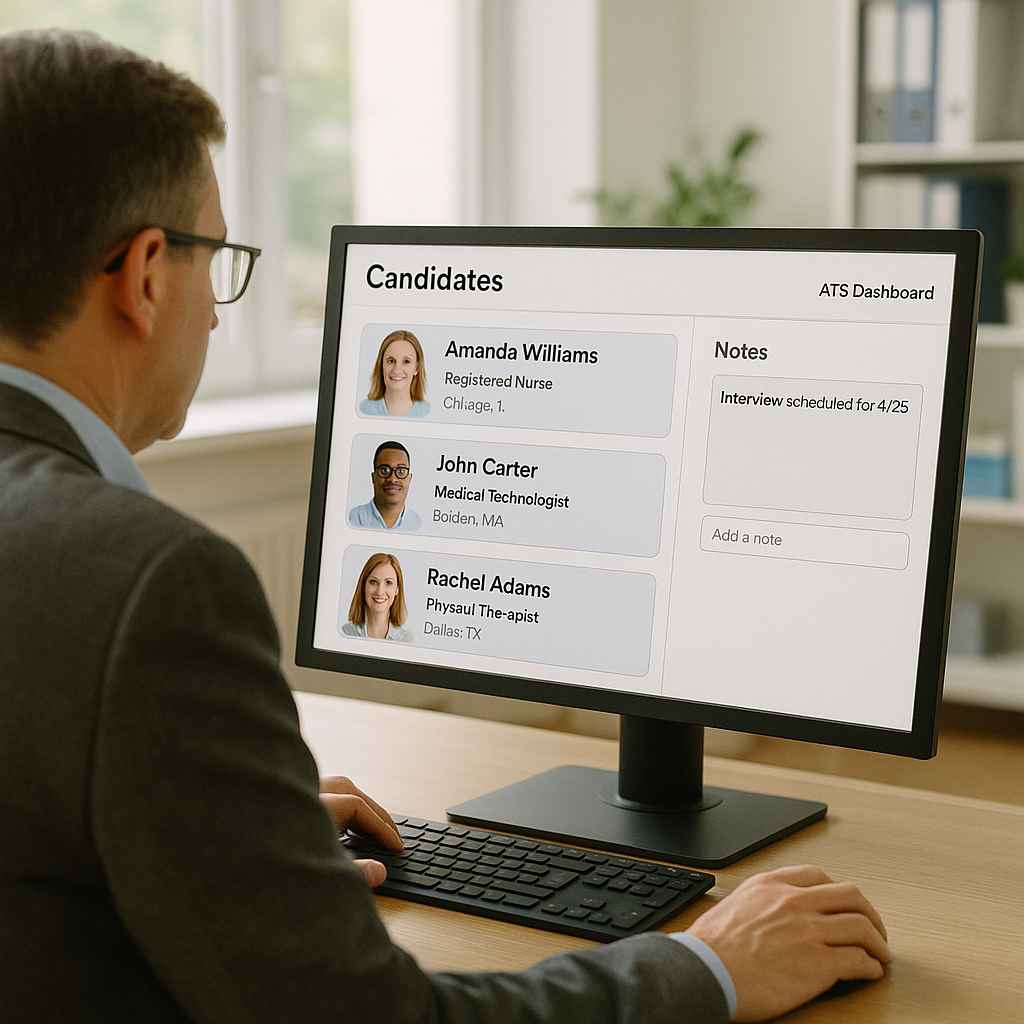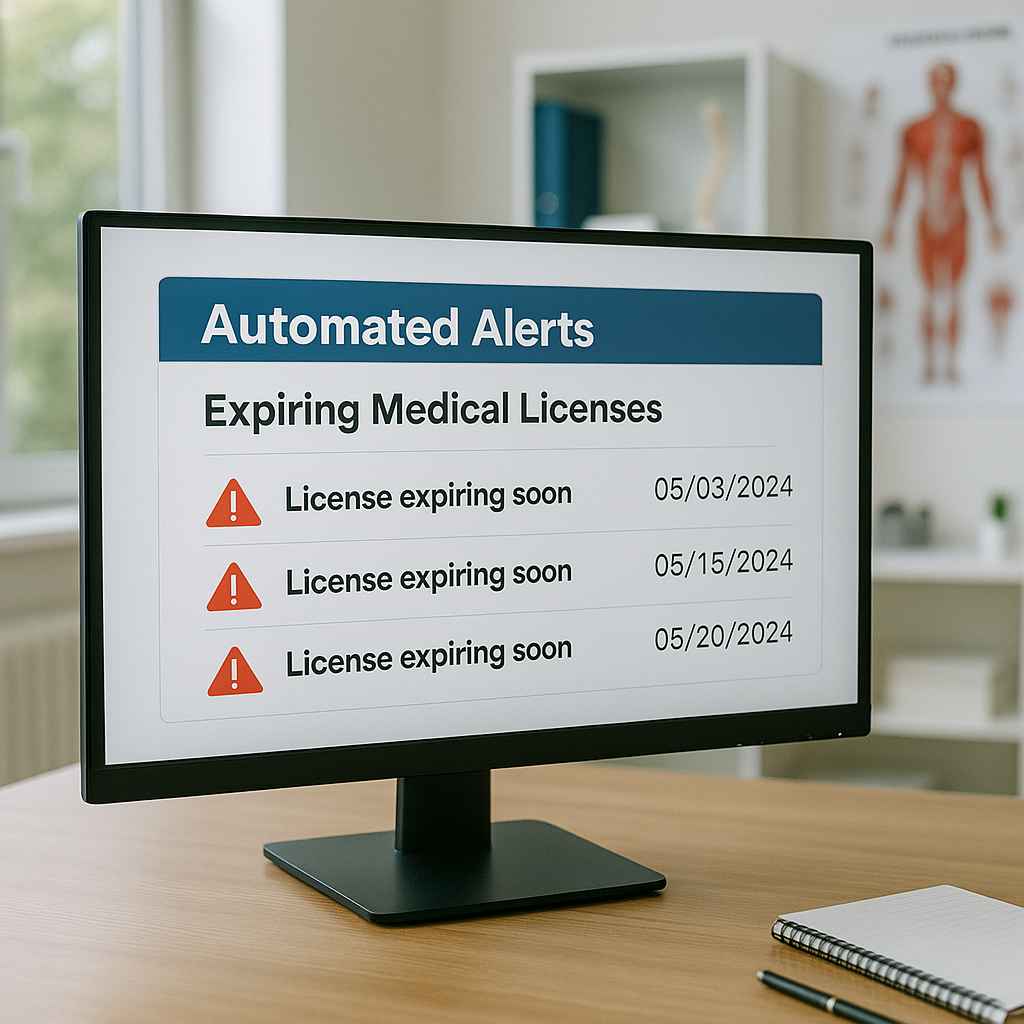Content
Hiring today is no longer just about resumes and interviews. It’s about data-backed insights. And that’s where cognitive assessment steps in.
But what does “cognitive assessment” actually mean? How do employers use it? And why has it become such a staple in hiring strategies?
This guide breaks it all down—clearly, conversationally, and with real-world context—so you walk away with more than just a textbook definition.
What Is the Meaning of Cognitive Assessment?
Put simply, cognitive assessment refers to the evaluation of a person’s mental capabilities—how they think, reason, remember, and solve problems.
In the context of hiring, it’s used to predict how well a candidate will perform on the job, especially when it comes to roles that require critical thinking, logical analysis, or decision-making.
Think of it as a window into how someone learns and processes information.
Why Employers Use Cognitive Assessments

Let’s get real: hiring mistakes are costly. A cognitive assessment helps reduce that risk.
Here’s why companies rely on it:
| Hiring Challenge | How Cognitive Assessment Helps |
| Predicting job performance | Measures reasoning, problem-solving, and comprehension skills |
| Reducing bias in hiring | Offers standardized, objective results for all candidates |
| Speeding up screening | Helps shortlist top thinkers early in the hiring process |
| Matching candidates to job roles | Highlights strengths in logic, numbers, language, or abstract thinking |
Common Types of Cognitive Assessments
While the umbrella term is “cognitive assessment,” there are different flavors depending on what skill you want to evaluate.
Here are some examples:
| Assessment Type | What It Measures |
| Cognitive Ability Test | General mental ability across logic, memory, attention, and reasoning |
| Matrix Reasoning Test | Pattern recognition, abstract reasoning, and fluid intelligence |
| Numerical Reasoning | Number-based logic, math problems, and data interpretation |
| Verbal Reasoning | Understanding written information, drawing conclusions from text |
👉 Curious about these? Check out our Cognitive Ability Test, Matrix Reasoning Test, Numerical Reasoning, and Verbal Reasoning to see how they work.
Real-World Uses of Cognitive Assessments in Hiring
Here’s how cognitive assessments play out in actual hiring scenarios:
1. Early Screening for Volume Hiring
When hiring hundreds of candidates, recruiters use short cognitive assessments to filter for top thinkers quickly—saving weeks of manual review.
2. Evaluating Future Leaders
Leadership roles require critical thinking, strategy, and adaptability. Matrix or general cognitive assessments help identify high-potential individuals.
3. Technical Hiring
Developers, analysts, and engineers often face logic-based challenges in real work. Numerical and matrix reasoning tests are key to assessing suitability.
How Does a Cognitive Assessment Work?

It’s not about right or wrong answers alone—it’s about how fast, accurate, and consistent a candidate is with solving problems.
Here’s a breakdown:
| Step | What Happens |
| Candidate receives link | A secure link to take the test remotely or in-office |
| Timed questions | Typically 20–40 minutes; includes multiple-choice or logic-based puzzles |
| Automated scoring | Results are instantly calculated with percentile rankings |
| Insights generated | Hiring managers get reports with breakdowns by category (e.g., logic, memory) |
Cognitive assessments are often based on well-established mental status evaluation frameworks used in both clinical and occupational contexts. For example, this overview by the National Center for Biotechnology Information defines cognitive evaluation as a formal measurement of functions like attention, memory, reasoning, and language, laying the foundation for how these tests are structured in employment settings.
You may notice these tests showing up in Google’s AI Overview, Knowledge Panel, and job boards—they’ve become mainstream tools for smarter, fairer hiring.
Is It Fair to Use Cognitive Assessments in Hiring?
Great question.
Yes—if used correctly. These assessments are standardized, meaning every candidate gets the same test. That levels the playing field.
What’s more, unlike resume screening, which can be biased by name, school, or background, cognitive tests focus purely on skills and potential.
However, it’s important to:
- Use tests validated for employment decisions
- Combine them with structured interviews or behavioral assessments
- Make accommodations for neurodiverse candidates when necessary
How Cognitive Assessments Compare to Other Hiring Tools

| Tool | Strength | Weakness |
| Resumes | Background overview | Prone to bias, doesn’t show thinking ability |
| Interviews | Personal connection, soft skills | Subjective, hard to compare objectively |
| Skills Tests | Job-specific task evaluation | Doesn’t reveal adaptability or reasoning |
| Cognitive Assessments | Objective insight into problem-solving | Doesn’t assess personality or experience directly |
Each has a role. The best hiring strategies combine multiple tools, but cognitive assessments often offer the first, most reliable filter.
Related Resources
- Cognitive Ability Tests for Employment: A Complete Guide
- Cognitive Assessment Examples: Real Questions & Use Cases
- Top Cognitive Assessment Tools for Hiring Success
- Quick Cognitive Assessments: When & How to Use Them
- Pre-Employment Cognitive Assessments: What Recruiters Need to Know
FAQ
What is a cognitive assessment in hiring?
It’s a test that evaluates how candidates think, covering logic, reasoning, memory, and processing speed, to predict job performance.
Are these tests suitable for all roles?
They’re especially useful for roles that involve decision-making, analysis, or fast learning. But they’re less helpful in highly physical or task-repetitive jobs.
Can candidates prepare for cognitive tests?
To some extent—practicing logic puzzles or memory games can help. But these tests are designed to measure innate ability more than learned knowledge.
Are cognitive assessments accurate?
Yes—when used with validated tools, they provide a strong predictor of job success, especially when combined with interviews and skills tests.
Final Thoughts
If you’re hiring for roles that demand sharp thinking, learning agility, or logical problem-solving, cognitive assessment is your friend.
It doesn’t just tell you what a candidate knows—it reveals how they think.
Whether you want to explore matrix reasoning, verbal or numerical logic, or general aptitude, using the right tools can change your hiring game.
👉 Schedule a free demo with our team to see how cognitive tests can fit into your hiring process.
